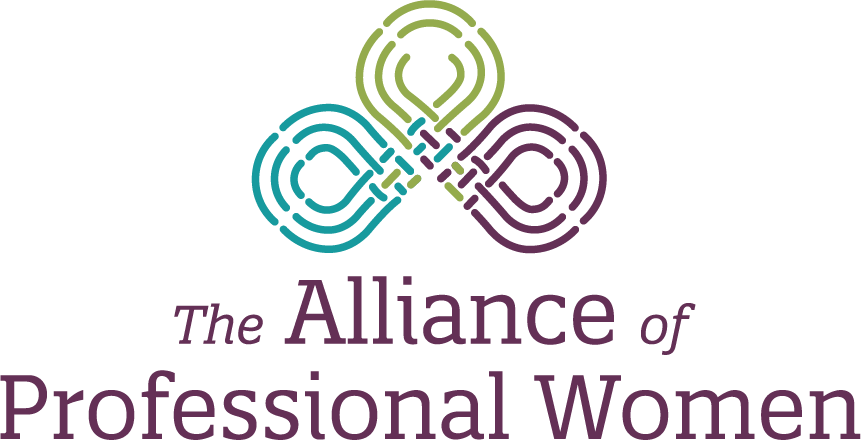Be aware of your emotional state.
Take note of emotional reactions that are triggered by circumstances and other people’s words or actions, as well as your own thoughts and actions. When someone is triggered and experiencing an emotional reaction, working, and communicating are difficult. It is challenging to focus on anything other than the source of the trigger. Emotional reactions may include, anger, withdrawal, arguing, fear, sadness, doubt, negativity, pessimism, depression, dread, apathy, and many more. To shift from an emotional reaction, choose a positive response for action.
Be aware of the other person’s emotional state and have empathy.
Understand that someone else’s concerns may not be your own, but they are real concerns. Respond with a genuine sense to try to appreciate another person’s worries.
Be professional.
Different perspectives and feelings are going to be evident. We do not have to agree with another person’s belief, and we have the opportunity to listen, agree to disagree, and remain act with integrity.
Do not stereotype someone by lumping them into a group.
The act of categorizing someone puts an immediate halt to being able to see the individual and to practice interacting in spite of differences. Avoid seeing a situation as either/or so that you can explore both/and.
Pause, breathe and ask for help when needed.
Our ability to rise above and respond with emotional intelligence is a must for challenging times.


